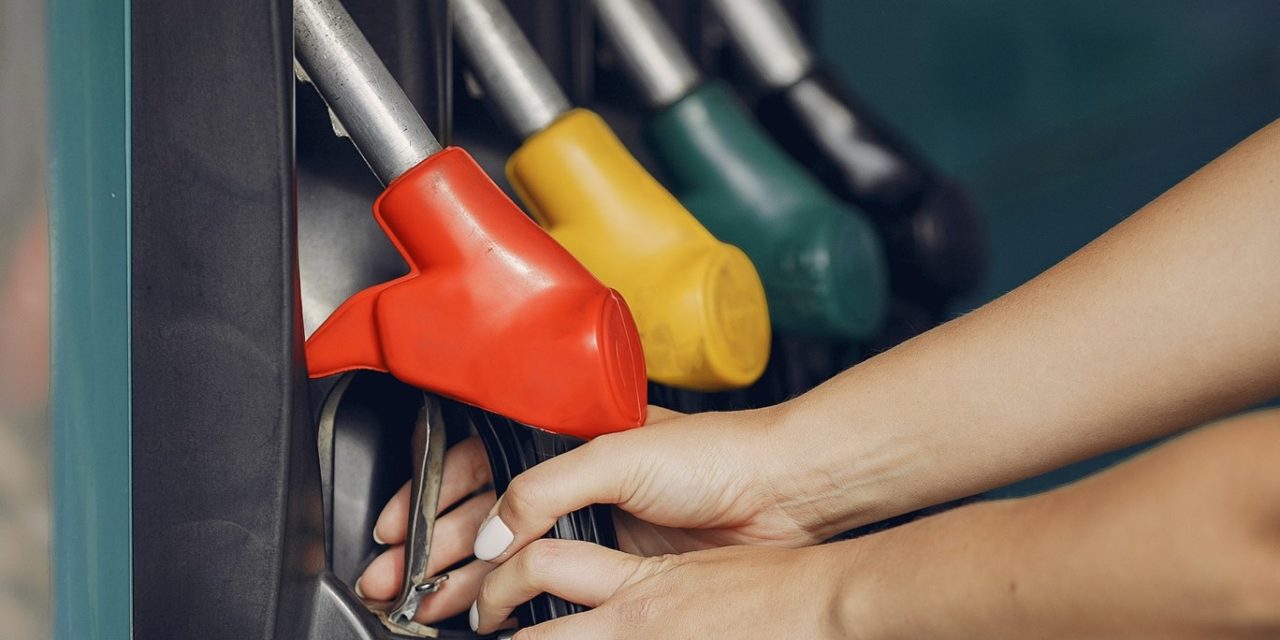What is E10 Petrol?
E10 petrol is a type of gasoline that contains 10% ethanol by volume. Ethanol is a renewable fuel made from crops such as corn and sugarcane, and it is blended with gasoline to reduce greenhouse gas emissions and dependence on fossil fuels. E10 is commonly used in countries like the United States, Australia, and many countries in Europe as a way to reduce emissions and promote renewable energy sources. However, not all vehicles are compatible with E10 petrol, so it’s important to check your car’s owner’s manual or contact your vehicle manufacturer to ensure that it can handle this type of fuel before using it.
Why Could E10 Cause damage to your car?
While E10 petrol is generally safe to use in most modern cars, there are some cases where it could cause damage to your vehicle, particularly in older cars or certain types of engines. Here are a few reasons why E10 petrol could be harmful to your car:
- Corrosion: Ethanol is a powerful solvent that can dissolve certain materials, such as rubber, plastic, and fiberglass. If your car’s fuel system components are made of these materials, prolonged exposure to E10 petrol could cause them to deteriorate, resulting in leaks, clogs, and other damage.
- Water absorption: Ethanol has a natural affinity for water, which means that it can absorb moisture from the air and form a mixture with gasoline that can separate over time. This can cause water buildup in your fuel tank, which can lead to rust, corrosion, and other issues.
- Fuel system damage: The higher alcohol content in E10 petrol can cause damage to some components of the fuel system, such as the fuel pump and injectors, which may not be designed to handle it. This can result in reduced performance, lower fuel economy, and other problems.
It’s worth noting that most cars manufactured after 2000 are designed to handle E10 petrol without issue, and many newer cars can even run on E15 or higher blends of ethanol. However, if you have an older car or are uncertain about whether your vehicle can handle E10 petrol, it’s best to check with your manufacturer or a qualified mechanic before using it.
Is it safe to use E10 in my vehicle?
Most cars manufactured after 2000 are designed to handle E10 petrol without any problems. In fact, many automakers have made changes to their vehicles to accommodate higher blends of ethanol. However, there are still some cars that are not compatible with E10 petrol, particularly older cars or certain types of engines.
If you’re unsure whether your car can use E10 petrol, the best way to find out is to check your owner’s manual or contact your vehicle manufacturer directly. You can also look for a sticker on the fuel cap or near the fuel filler that indicates whether E10 petrol is approved for use in your car.
It’s worth noting that some countries have mandated the use of E10 petrol as a way to reduce greenhouse gas emissions and promote renewable energy sources. If you live in a country where E10 is the standard gasoline blend, it’s important to ensure that your car is compatible with this type of fuel to avoid any potential damage or performance issues.
Why is E10 better for the environment?
E10 petrol is considered better for the environment than traditional gasoline for several reasons:
- Reduced greenhouse gas emissions: Ethanol is a renewable fuel made from crops such as corn and sugarcane, which means that it has a smaller carbon footprint than fossil fuels. When blended with gasoline, ethanol reduces the amount of carbon monoxide and other harmful pollutants that are emitted during combustion, resulting in lower greenhouse gas emissions.
- Reduced dependence on fossil fuels: By blending ethanol with gasoline, countries can reduce their dependence on foreign oil and promote the use of renewable energy sources. This can help reduce the price volatility and geopolitical instability associated with fossil fuels.
- Improved air quality: Ethanol-blended gasoline has been shown to reduce emissions of harmful pollutants, such as particulate matter, nitrogen oxides, and volatile organic compounds, which can contribute to smog and respiratory problems.
- Sustainable agriculture: The production of ethanol relies on crops that can be grown sustainably, which can help support local farmers and promote sustainable agriculture practices.
While there are some concerns about the environmental impact of ethanol production, such as land use changes and water consumption, overall, E10 petrol is considered a cleaner and more sustainable alternative to traditional gasoline.
Let’s hear from you
Have you been having issues with E10 in your car? Let us know in the comments below

